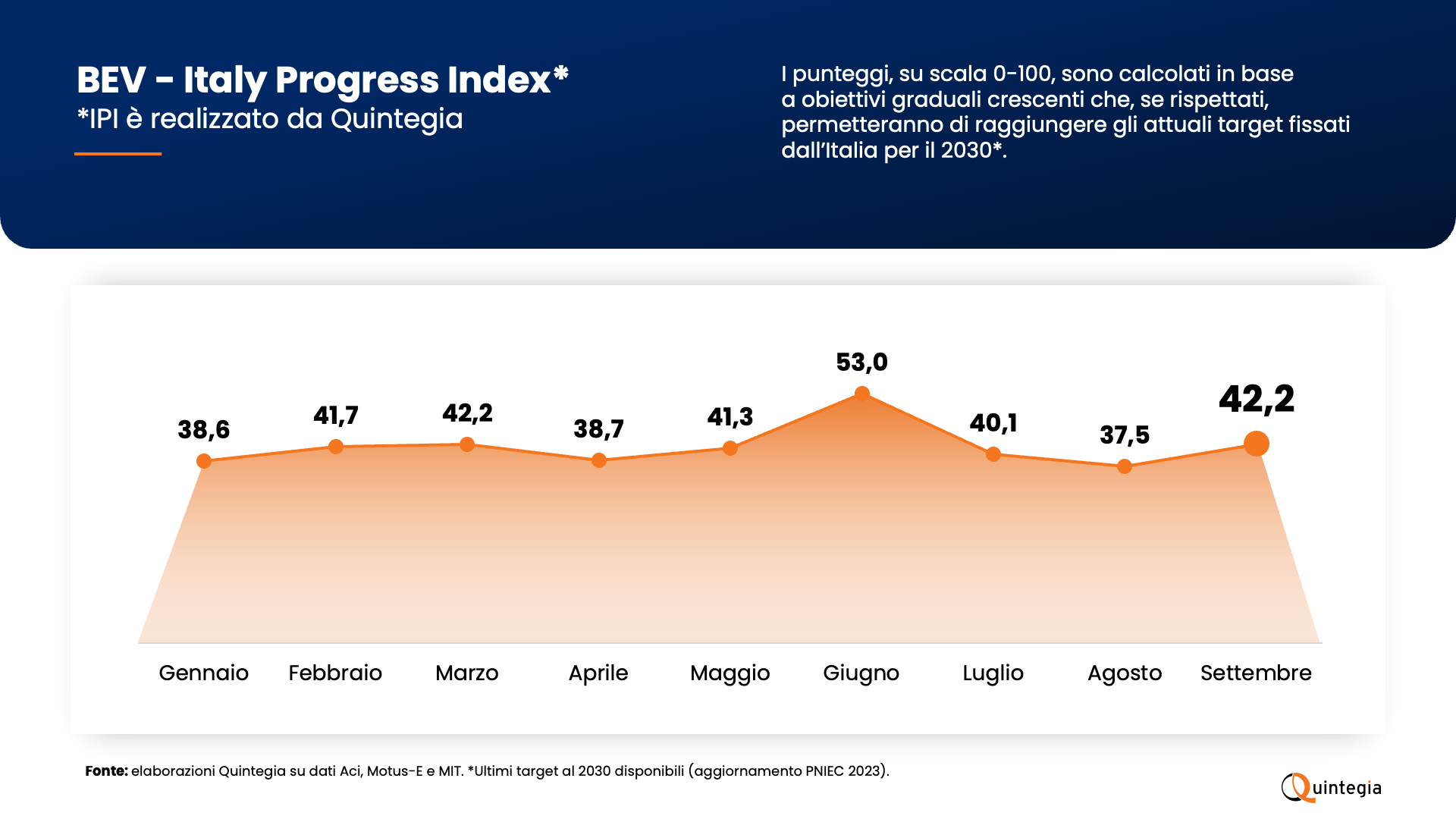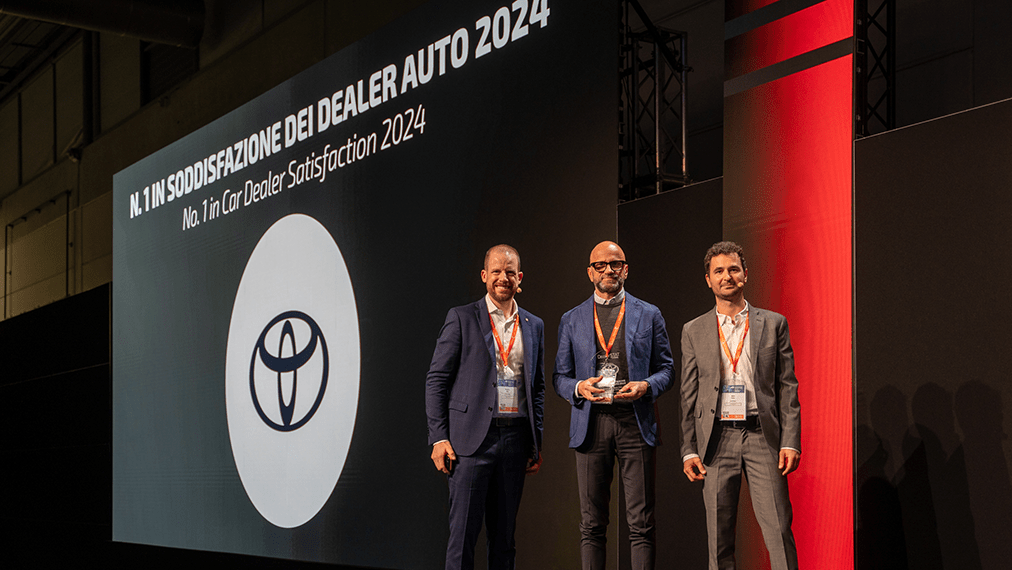In the current landscape, environmental and social awareness is revolutionizing various sectors, including the automotive supply chain. According tothe “Automotive Customer Study 2023”,a significant 52% of respondents, owners of battery electric vehicles (BEVs), indicate that their decision to purchase an electric vehicle was strongly influenced by the desire to reduce environmental impact.. This figure rises to 91% when including those who consider this reason quite influential.
It is fascinating to note how environmental and social responsibility is expanding well beyond product features, also influencing expectations towards dealers and retailers. It has become essential for consumers that these parties adopt a concrete and active approach towards sustainability and social responsibility. For 83% of consumers involved in the Quintegia study, it is very or quite important that dealers are actively involved in environmental sustainability. Moreover, 77% place great emphasis on the social responsibility of dealers, highlighting the growing importance of these aspects in the purchasing decision.
However, the intrinsic qualities of the product do not lose their fundamental importance. The study’s results show that 28% of consumers consider minimizing environmental impact essential in their choices. . This percentage significantly increases among members of Generation Z, with 34% placing particular emphasis on reducing environmental impact, highlighting a growing environmental interest among new generations.
Sustainability has become a key factor in the purchasing decision, to the point that many are willing to invest more for an eco-friendly vehicle. A full 54% of respondents expressed willingness to pay a premium, varying up to over 25%, to ensure a sustainable car. This data highlights a growing interest in eco-friendly vehicles and the willingness of consumers to actively contribute to environmental protection.
In conclusion, the automotive sector is experiencing a transition period, where sustainability and social responsibility are profoundly influencing consumer choices. This change concerns not only the product itself but also those who distribute it, marking a new paradigm in purchasing behavior and the perception of a vehicle’s value.







